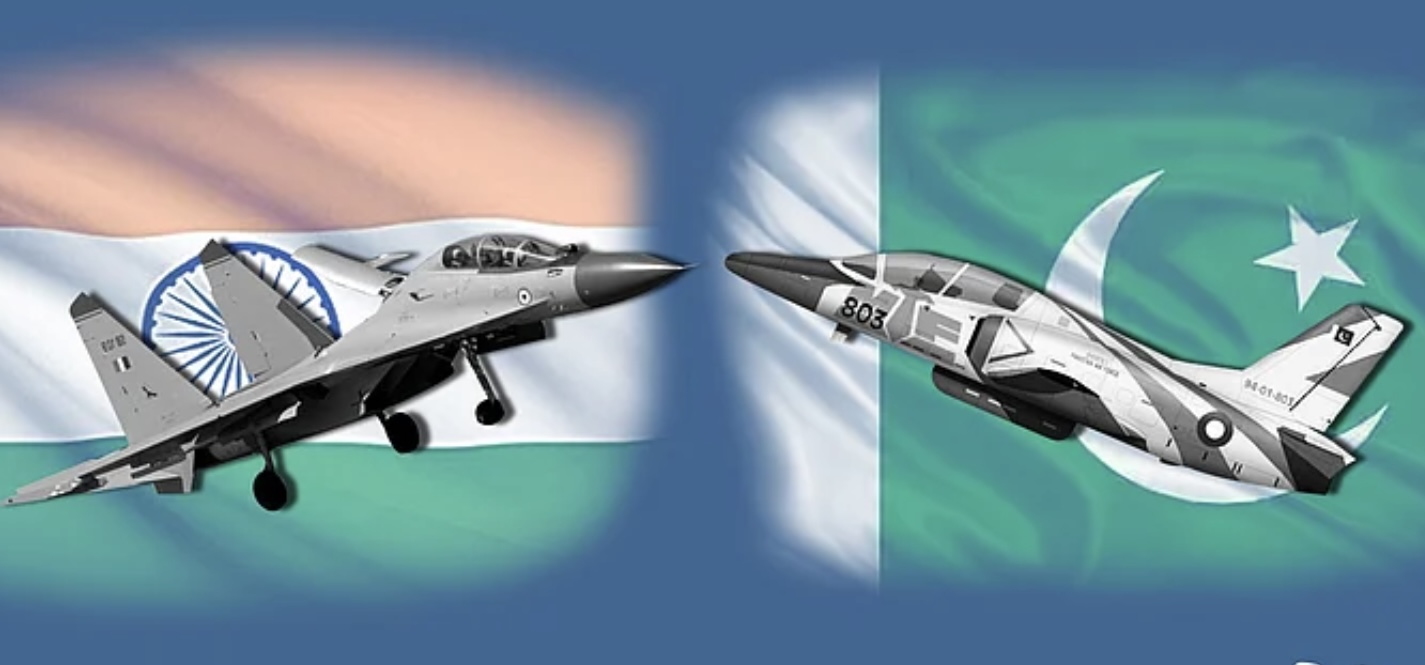New Delhi: Amidst heightened tensions between India and Pakistan, World Bank President Ajay Banga has issued a significant statement clarifying the institution’s role concerning the Indus Waters Treaty (IWT). Banga emphatically stated that the World Bank acts solely as a “facilitator” in the treaty and will not “intervene” or “fix the problem” between the two South Asian neighbours regarding water-sharing disputes.Speaking during his recent visit to India, where he met with Prime Minister Narendra Modi and Finance Minister Nirmala Sitharaman, Banga directly addressed speculation about a more active role for the World Bank in the current Indo-Pak water row. “We have no role to play beyond a facilitator,” Banga said, adding that media speculation suggesting otherwise is “all bunk.”His remarks come at a critical juncture following a recent terror attack in Jammu and Kashmir’s Pahalgam and India’s subsequent decision to put the 1960 Indus Waters Treaty “in abeyance.” This move by India was reportedly in response to long-standing concerns over cross-border terrorism and what New Delhi describes as Pakistan’s creation of legal hurdles regarding India’s legitimate usage of the Western Rivers allocated under the treaty.Pakistan had indicated its intention to potentially approach the World Bank for intervention following India’s decision, making Banga’s clear delineation of the World Bank’s role particularly impactful. His statement underscores that while the World Bank was instrumental in brokering the treaty over six decades ago and remains a signatory, its function in present-day disputes is limited to facilitating processes outlined within the treaty, such as assisting in setting up a neutral expert or court of arbitration if requested by both parties.The Indus Waters Treaty, a landmark agreement signed in 1960 after nine years of negotiations facilitated by the World Bank, governs the distribution and usage of the waters of the Indus River system. It allocates the Eastern Rivers (Ravi, Beas, and Sutlej) to India and the Western Rivers (Indus, Jhelum, and Chenab) to Pakistan. While Pakistan received the major share of the water, India retained certain rights, including for hydropower generation, on the Western Rivers.India has maintained that it has historically adhered to the treaty even during periods of conflict, but evolving circumstances and alleged non-cooperation from Pakistan necessitate discussions for modification of the treaty. Pakistan, on the other hand, has termed India’s recent actions as “unilateral and illegal.”Ajay Banga’s statement firmly positions the World Bank as an observer and facilitator bound by the terms of the original treaty, rather than an arbitrator with the power to unilaterally resolve the ongoing bilateral dispute. This puts the onus back on India and Pakistan to find a path forward through dialogue or established dispute resolution mechanisms under the treaty, with the World Bank available only to perform its defined facilitative functions. The development highlights the complex interplay between geopolitical tensions and long-standing water-sharing agreements in the region.









No Comment! Be the first one.